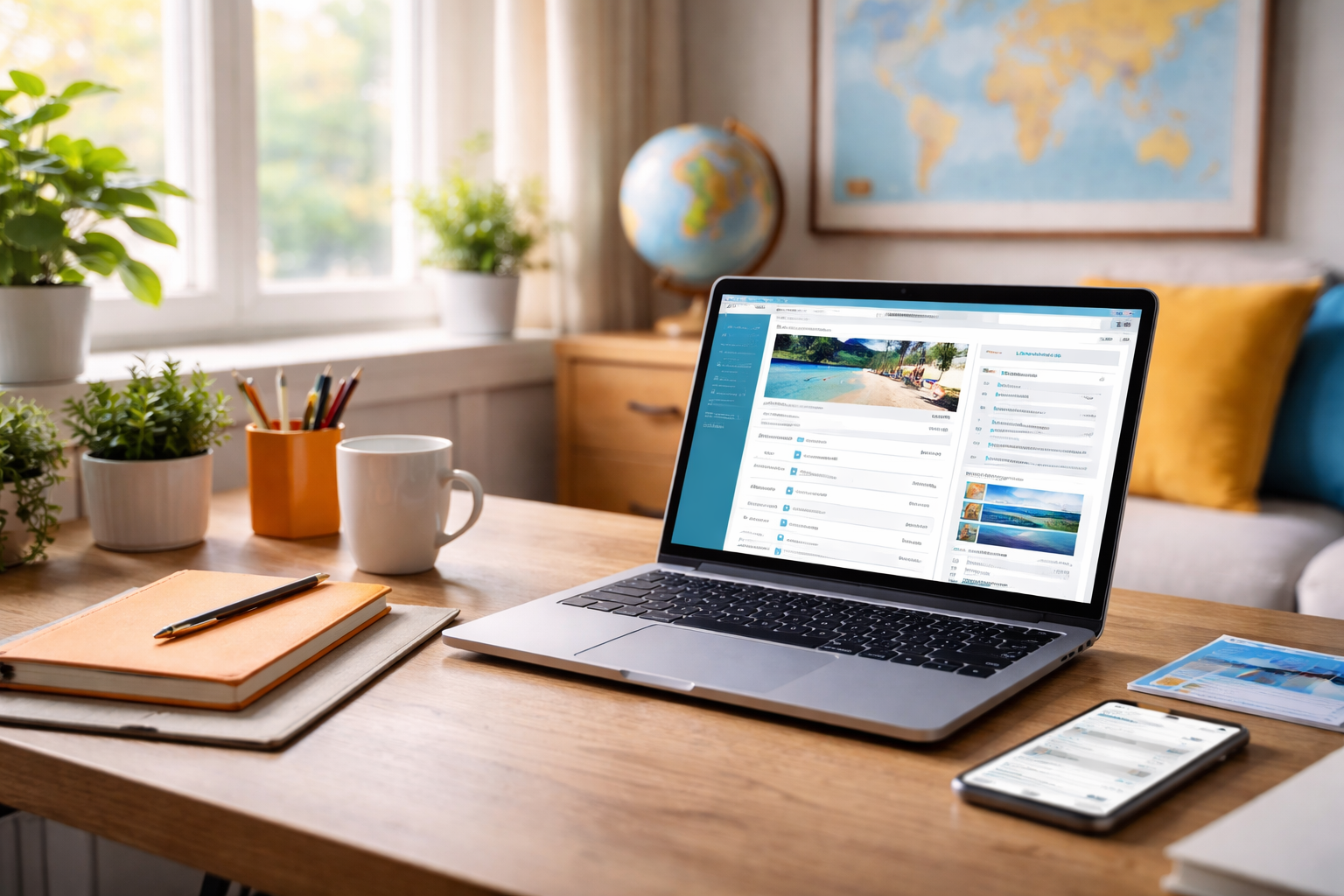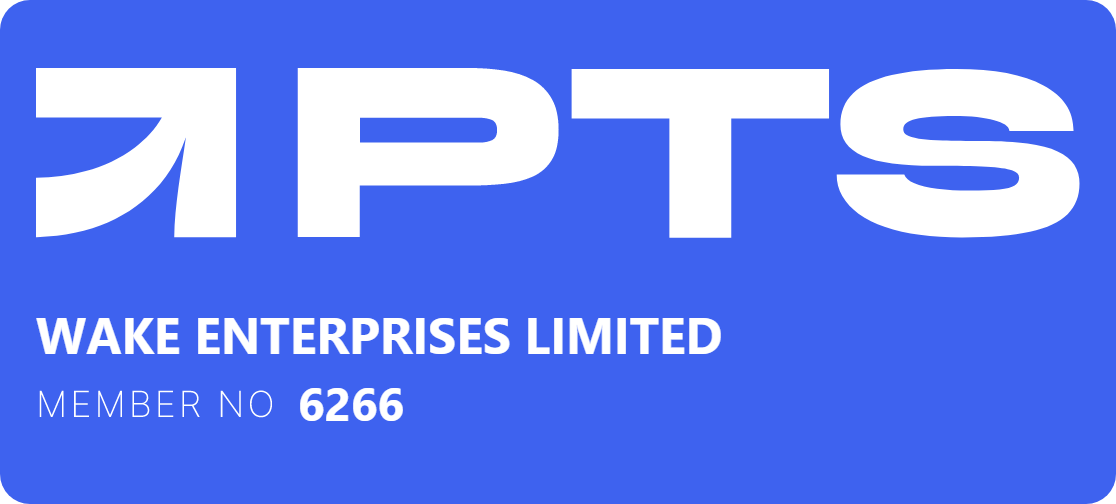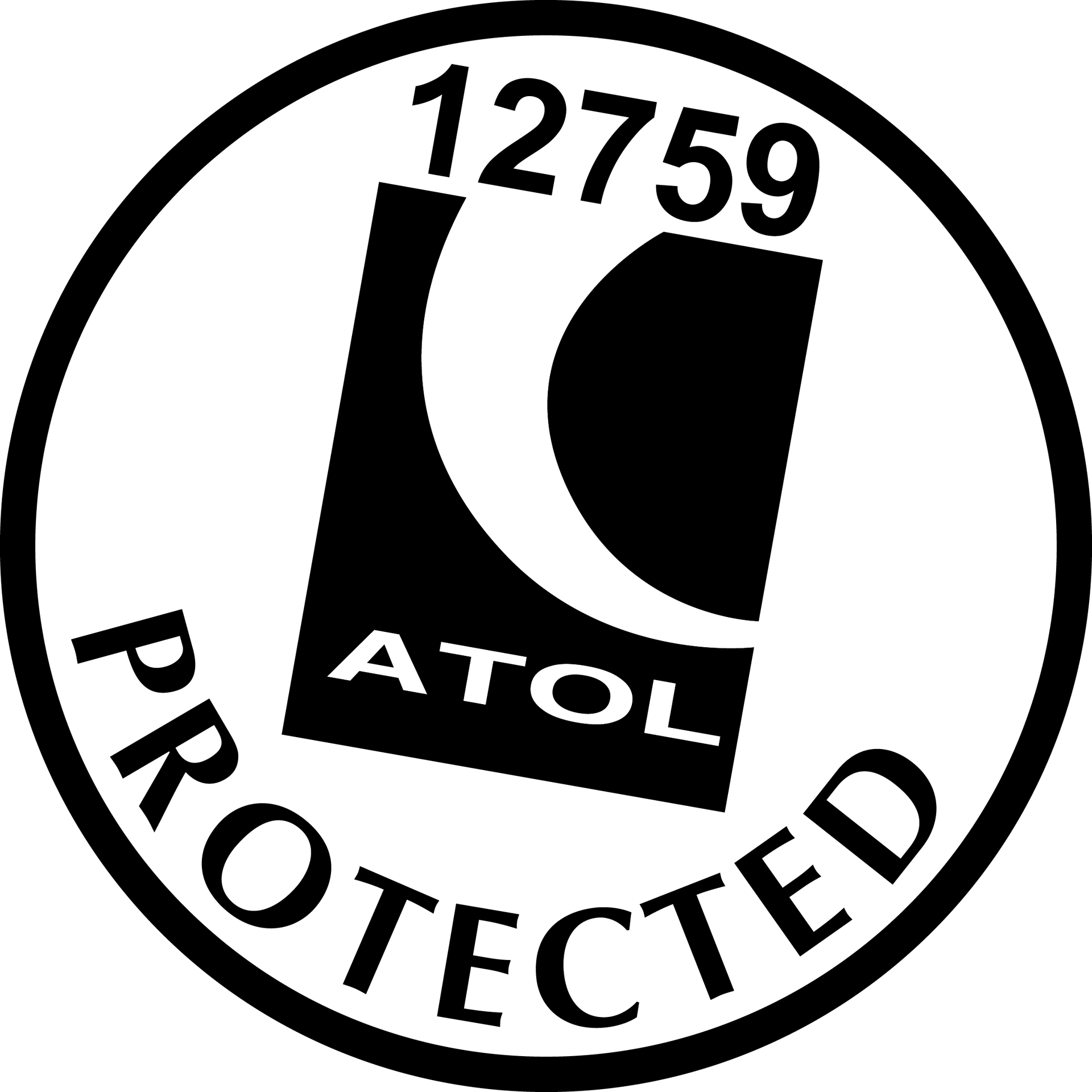How to Set Goals for Your Travel Business (and Actually Hit Them)
How to Set Goals for Your Travel Business (and Actually Hit Them)

Running your own travel business can be incredibly rewarding — but it’s also easy to lose focus when you’re spinning plates between clients, suppliers, marketing, and admin. That’s why goal setting isn’t just a nice-to-have — it’s essential. Whether you’re a new travel homeworker or an experienced independent consultant, setting clear, achievable goals helps you stay motivated, measure progress, and ultimately grow a more profitable business.
In this guide, we’ll explore how to set meaningful goals for your travel business, the best strategies for achieving them, and how to keep your momentum going all year long — no matter what challenges come your way.
Why Goal Setting Matters for Travel Agents
When you work for yourself, there’s no manager holding you accountable. You are the boss, the sales team, and the marketing department all rolled into one. Without clear goals, your day can easily fill with “busy work” that doesn’t move your business forward.
Effective goal setting helps you:
- Identify your priorities — what really drives revenue and personal fulfilment.
- Create a sense of direction — especially during quiet or unpredictable seasons.
- Track measurable progress so you can celebrate wins and learn from setbacks.
- Improve consistency and productivity — vital for travel homeworkers working remotely.
- Build confidence as you see the tangible results of your efforts.
In short, your goals are your roadmap. Without them, even the best travel business ideas risk losing momentum.
Understanding SMART Goals in the Travel Industry
You’ve probably heard of SMART goals — Specific, Measurable, Achievable, Relevant, and Time-bound. They’re not just corporate jargon; they’re an incredibly powerful framework for structuring your ambitions.
Let’s see how SMART goal setting applies specifically to a travel agent or homeworker:
Specific:
Instead of saying “I want to sell more holidays,” set a precise target like “I want to increase bookings to Greece by 20% this summer.”
Measurable:
Use metrics — revenue, enquiry numbers, conversion rates, or social engagement — so you can clearly see progress.
Achievable:
Set goals that stretch you but remain realistic based on your current resources and workload.
Relevant:
Align your goals with your business priorities — for example, promoting luxury travel if that’s your niche, or boosting your repeat client rate.
Time-bound:
Always attach a deadline — quarterly goals often work best for travel consultants managing seasonality.
Short-Term vs Long-Term Goals
Successful travel businesses balance both.
Short-term goals are quick wins that keep your motivation high — such as increasing newsletter subscribers, improving enquiry response times, or securing three new client consultations this month.
Long-term goals help shape the bigger vision — like expanding into a new niche, building a team of sub-agents, or hitting a six-figure turnover.
When setting your goals, picture your travel business a year from now. What would “success” look like? Now reverse-engineer that vision into smaller, achievable steps.
The Importance of Reviewing Past Performance
Before setting new goals, take time to review where you are right now.
Ask yourself:
- Which destinations or product types sold best last year?
- How many enquiries did you convert into bookings?
- What marketing channels actually generated leads?
- Where did you lose momentum or motivation?
For travel homeworkers, reflection is powerful. When you understand what’s working, you can focus energy on the right actions instead of spreading yourself too thin.
Setting Revenue Goals That Make Sense
Every independent travel consultant has different income aspirations — whether it’s supplementing another income stream or building a full-time six-figure business.
Start by calculating your average commission per booking, then estimate how many bookings you need to reach your income target. For example:
If you earn an average of £250 commission per booking and want to make £25,000 a year, you’ll need 100 bookings annually — roughly eight per month.
From there, create marketing and sales goals that feed into that number:
- How many enquiries do you need to generate eight bookings per month?
- What lead sources convert best — referrals, social media, or email campaigns?
- How can you improve your enquiry-to-booking ratio by even 5%?
Suddenly, your financial goals become tangible and achievable rather than overwhelming.
Building Marketing Goals Around Visibility and Engagement
If your business relies on online visibility, then your goals must reflect that.
Examples include:
- Growing your Instagram audience by 20% by posting destination videos twice weekly.
- Achieving a 35% open rate on your monthly travel newsletter.
- Running one targeted Facebook campaign per quarter focused on your niche.
For travel homeworkers, consistency beats complexity. It’s better to maintain regular, well-planned marketing than to post sporadically when you remember.
And don’t forget: tools like Metricool, Canva, or Meta Business Suite can help automate your social scheduling, freeing up time for client work.
Creating Operational Goals for Better Efficiency
Your time is your most valuable asset. Every minute spent chasing admin could be spent nurturing clients.
Operational goals could include:
- Setting up templates for quotes and itineraries.
- Implementing a CRM system to manage leads.
- Blocking out “focus days” for marketing or supplier training.
- Streamlining your enquiry-to-booking process to reduce turnaround time.
For those in travel homeworking, structure brings freedom. The more efficient your processes, the more space you create for creativity and client care.
Staying Motivated When Goals Feel Distant
Every travel consultant experiences slumps — especially outside peak booking seasons.
The trick is to reframe goals not as pressure, but as progress markers.
Here are a few motivation tips:
- Break big goals into weekly actions so they feel manageable.
- Celebrate milestones — even small wins like your first referral or first £1,000 month.
- Create a vision board of dream destinations that represent your “why.”
- Join a supportive travel homeworking community to stay accountable.
Your motivation will ebb and flow — that’s natural. What matters is that you keep showing up, adjusting, and learning.
Accountability: The Secret to Actually Hitting Your Goals
It’s easy to drift when no one’s checking in. That’s why accountability transforms goal setting from theory into action.
As a travel homeworker with The Independent Travel Consultants, you’ll never work in isolation. You’ll have guidance from experienced mentors, peer support from fellow consultants, and structured business reviews to track your growth.
Many of our most successful consultants credit accountability for their breakthroughs — it’s what keeps them consistent when enthusiasm alone isn’t enough.
Jamie Says:
"Setting goals isn’t about pressure; it’s about purpose. The moment you give your ambitions a timeline, you give them power. Whether it’s your first booking or your hundredth, every goal achieved is proof that your travel business is growing — and so are you."
Tools and Templates to Keep You on Track
You don’t have to do this on instinct. Digital tools can make your goal-setting journey smoother:
- Google Sheets or Notion: For tracking KPIs and income targets.
- Trello or ClickUp: For visualising goals as projects with tasks and deadlines.
- Metricool or Buffer: For automating marketing metrics.
- CRM platforms: To monitor enquiry pipelines and client journeys.
At The Independent Travel Consultants, we provide structured tools to help you measure progress — from training dashboards to sales trackers. Because data-driven decisions lead to stronger, sustainable results.
When Things Don’t Go to Plan
Even the best-laid plans can falter — travel trends shift, clients cancel, or external events cause slowdowns. That doesn’t mean you’ve failed.
Instead, analyse what happened:
- Did your goal depend on something outside your control?
- Were your milestones too ambitious for the timeframe?
- What can you learn for next quarter’s plan?
Adaptability is one of the greatest strengths of a travel homeworker. When you adjust your goals without abandoning them, you build resilience — a skill every successful travel agent needs.
Long-Term Vision: Designing the Business You Want
Every goal you set should ultimately serve your larger vision.
Do you want to:
- Build a boutique agency specialising in luxury travel?
- Work part-time while raising a family?
- Create a legacy brand with a team of sub-agents?
When you align your daily actions with your dream outcome, your goals stop feeling like chores and start feeling like stepping stones to freedom.
Bringing It All Together
Goal setting isn’t about spreadsheets — it’s about clarity.
It’s the difference between drifting and driving your business forward.
If you’re ready to set your goals — and actually hit them — The Independent Travel Consultants can give you the support, tools, and community to make it happen. From marketing guidance to accountability check-ins, we’ll help you stay focused and motivated every step of the way.
Ready to turn your travel business dreams into measurable results?
Join The Independent Travel Consultants today and start building a business that rewards your passion, flexibility, and ambition.
Whether you’re brand new to travel homeworking or already growing your client base, our training, mentoring, and marketing tools are designed to help you succeed.
Let’s start setting the goals that will change your future.
Speak to us today — or complete our quick
online enquiry form to take the first step.
About Jamie Wake
Jamie is the founder of The Independent Travel Consultants and a passionate advocate for empowering others to succeed in the travel industry through honesty, training, and community. He brings decades of travel experience, a focus on doing things differently, and a strong commitment to supporting UK-based homeworkers.












